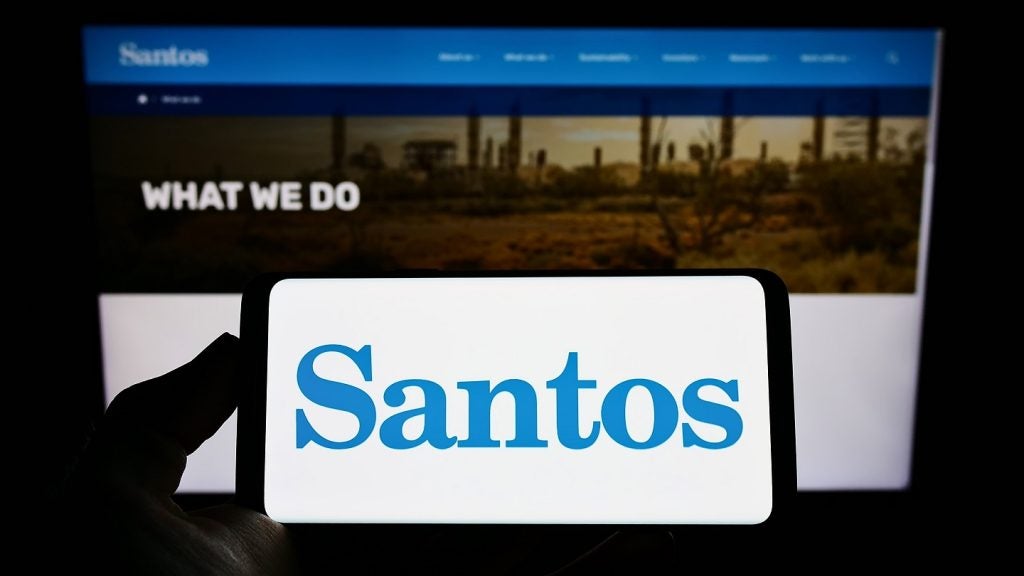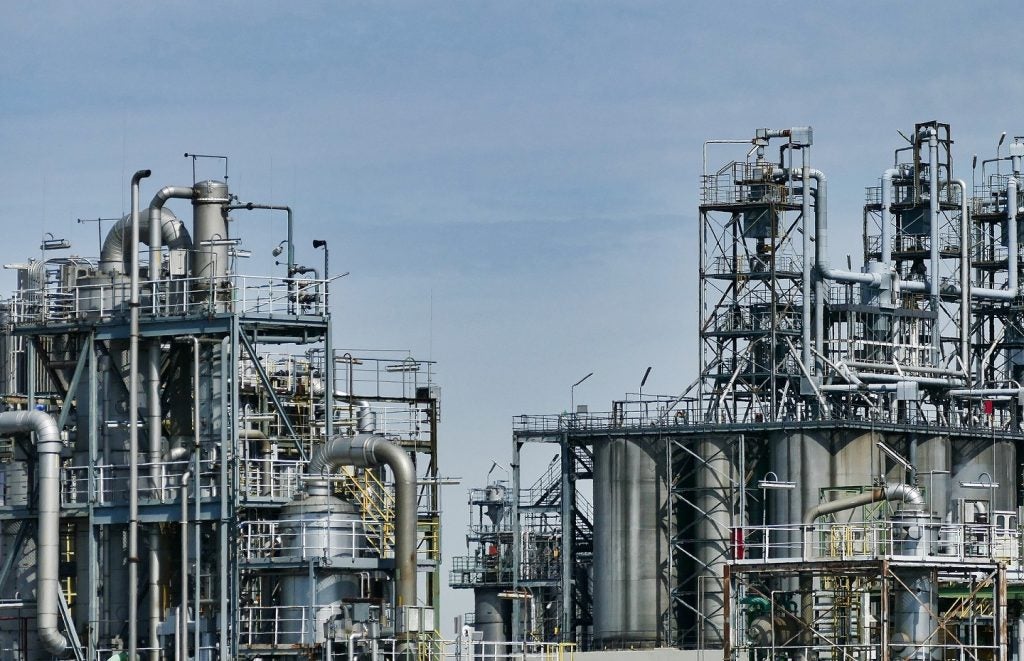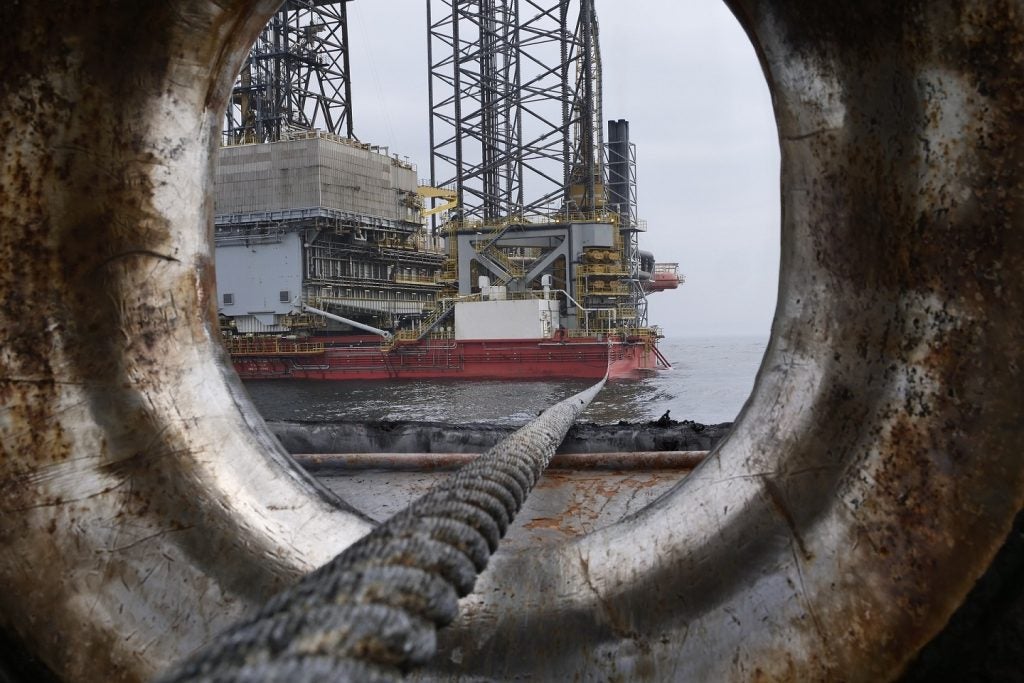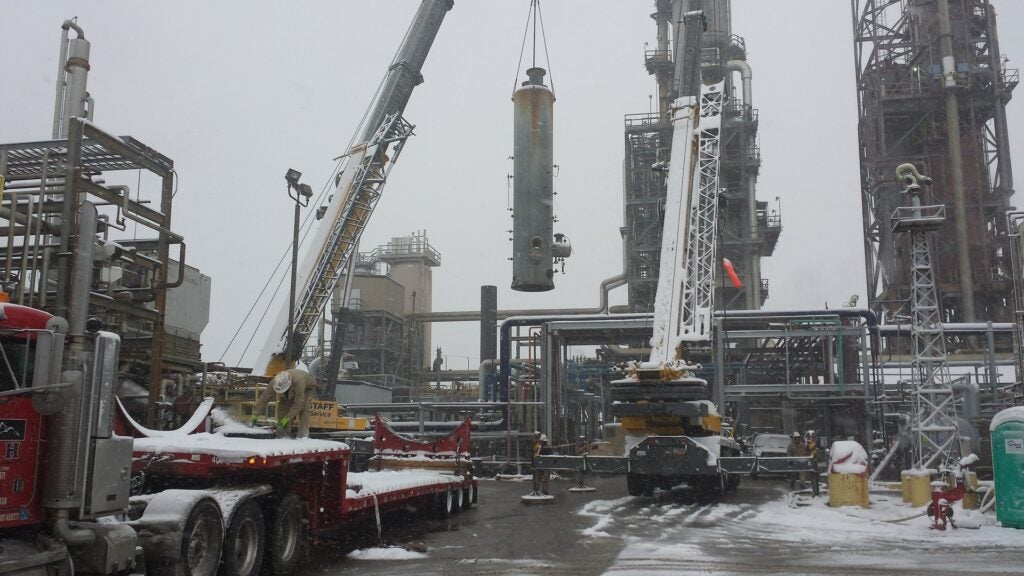Australia’s Santos has received the green light to continue construction of a crucial undersea pipeline for its Barossa gas project.
This follows a Federal Court ruling in Australia that dismissed an indigenous person's attempt to halt the project over concerns about underwater cultural heritage.
In October 2023, Simon Munkara, a Tiwi Islands traditional owner, represented by the Environmental Defenders Office, initiated legal action to pause pipeline installation until Santos ensured the protection of significant underwater sites.
His case was later supported by two additional Tiwi clans, reported the Sydney Morning Herald.
According to Reuters, the applicants contended that the pipeline would disturb and anger two "ancestral beings" – Ampiji, a rainbow serpent, and a Crocodile man known as Jirakupai.
The project's pipeline, intended to link the Barossa gas field with a processing facility in Darwin, was temporarily halted in November due to the lawsuit.
Justice Natalie Charlesworth ruled on 15 January 2024, lifting the injunction from November 2023 and allowing Santos to resume pipeline activities.
Charlesworth noted the existence of "significant division" among the Tiwi Islanders regarding the traditional accounts of the Ampiji and Jirakupai and said that there was a "negligible chance that there may be objects of archaeological value in the area of the pipeline route".
In a statement, Santos welcomed the court's decision and confirmed the continuation of pipelaying work for the Barossa project.
Munkara, as reported by SMH, was disappointed by the ruling.
“We brought this case to protect our Sea Country,” he was quoted as saying. “We are hurting and need some time to think.”
The Barossa gas project, located in the Bonaparte Basin in the Timor Sea, is operated by Santos with a 50% interest.
SK E&S holds a 37.5% stake and JERA owns 12.5% share in the project.
The development comes as Woodside and Santos hold initial talks for a potential merger.












